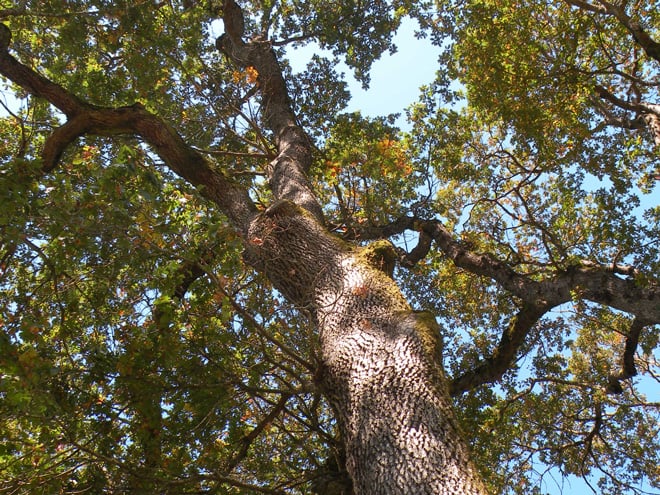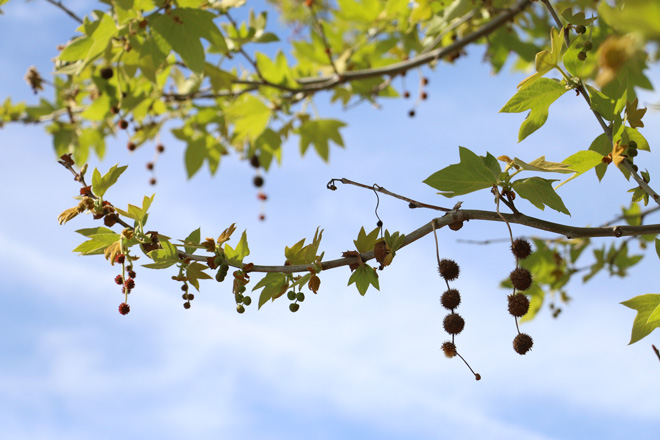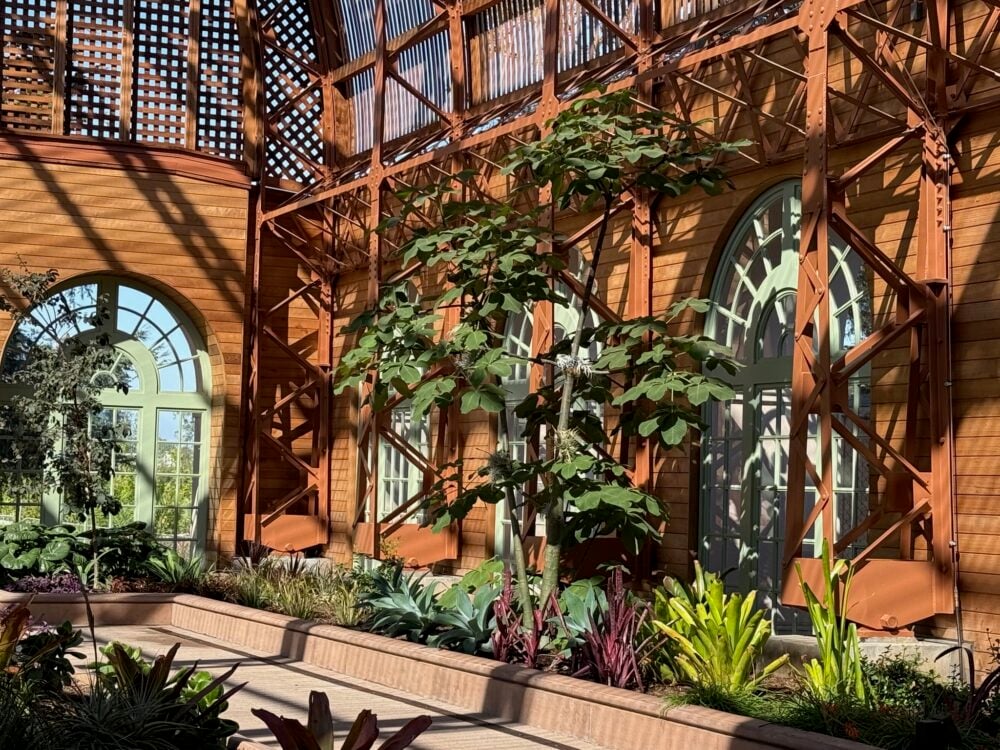

Contributor
- Topics: Archive

West Coast gardeners and horticulturists are both passionate and generous. From a college course designed to engage the next generation, to an ambitious tree-planting initiative in Oregon that’s planting for the future—and clean water, to activists in Los Angeles racing against conditions to save endangered landscapes, people are acknowledging the importance of trees.
We’ve gathered the many resources mentioned throughout the pages of our special fall 2015 issue that focuses on preserving and planting the urban canopy together with additional advocacy links from throughout the West to create a go-to guide to the stewardship of our cities’ trees.
This is intended to be a living document, added to over time as we discover additional links. If you have something to add to the conversation please email us at TheEditor@Pacifichorticulture.org.

Canopy, a Bay Area urban forest non-profit that plants and cares for trees where people need them the most.
Seattle reLeaf – an urban forest management plan
“10 Best Cities for Urban Forests,” as named by American Forests, includes Seattle, Portland, & Sacramento
12 Broadleaf Evergreen Trees You Should Plant according to the city of Portland Parks & Recreation.
From Stumptown to Treetown: A Field Guide for Interpreting Portland’s History through its Heritage Trees [book download]
Friends of Trees Portland, Oregon and Vancouver, Washington
Party with Trees Stanford BIO29N https://bio29n.stanford.edu
The mission of Plant Amnesty is to end the senseless torture and mutilation of trees and shrubs due to mal-pruning.
TreePeople is working to bolster LA’s ability to respond to the current tree emergency stemming from severe drought conditions. www.treepeople.org [link to article]
Center for Urban Forest Research (CUFR), a unit of the US Forest Service, is the leading research institute studying the environmental benefits of urban forests.
National Arbor Day Foundation inspires people to plant, nurture, and celebrate trees.
Urban Forestry and Greening at the University of Washington is looking at the “human dimension” of urban forestry.
Friends of the Urban Forest, a San Francisco nonprofit committed to the belief that trees are a critical element of a livable urban environment.
Gavilan College Arboretum [link to article]
Tualatin Soil and Water Conservation District. www.SWCD.net [link to article]
Urban Forest Ecosystems Institute (UFEI) is based in the College of Agriculture, Food, and Environmental Sciences at California Polytechnic State University.
SelectTree offers help choosing trees by name, characteristics, or to suit landscape conditions. [link to article]
ForesTree a Guide to Tree Health
California Big Trees The California Register of Big Trees is a program of the Cal Fire and Cal Poly State University.
Clean & Green Seattle Initiative offers grants for tree planting and maintenance.
California Department of Forestry & Fire Protection (CALFIRE) for urban and community forestry
California Urban Forests Council a portal to lots more links for California as well as national groups and efforts








Responses